Defining dyssomnia
Dyssomnia is a term used to describe a group of sleep disorders that leave you unable to sleep or cause sleep problems.
Hypersomnolence (daytime sleepiness) and insomnia (inability to sleep) are the two most common types.
There are between 50 and 70 million Americans suffering from chronic sleep disorders. An individual has dyssomnia when he or she suffers from a number of sleep disorders adversely affecting the quality and quantity.
Dyssomnia can also manifest as excessive daytime sleepiness and feeling unrested when you get up in the morning. The exact symptoms you experience depend on the type of sleep disorder you have. Dissimilar to parasomnia, dyssomnia does not result in irregular physical action while sleeping.
Read: Chronic Insomnia Disorder
How does sleep affect my health?
Sleeping between seven and nine hours per night is recommended by doctors for adults. Sleep requirements may vary from person to person, and this recommendation may not fit everyone.
It is more than just sleepiness that you feel during the day when you don’t get enough sleep. Sleep deprivation can lead to:
- Irritability
- Taking too long to react
- Having trouble making decisions
- Children with learning disorders
- Depression
- Memory impairment
- Personality changes
- Obesity
- Diabetes
- Heart disease
Sleep habits can be improved by establishing good ones. It is important to keep in mind that there are many different types of sleep disorder treatments available.
Causes of dyssomnia
There are a number of factors that can lead to insomnia, including sleep disorders, mental disorders, and other conditions. A clear picture of your sleep habits and lifestyle is helpful when discussing dyssomnia with your healthcare provider. Your sleeping habits are impacted by your medication usage, your alcohol and drug use, and any recent life events you have experienced. They can all contribute to sleep disturbances.
Types of dyssomnia
Sleep patterns can be affected by dyssomnia in several different ways. These are:
- Intrinsic sleep disorders
- Extrinsic sleep disorders
- Circadian rhythm sleep disorders
Intrinsic sleep disorders
The diagnosis of an intrinsic sleep disorder is based on the internal mechanisms of sleep or related to other sleep-related medical conditions.
Psychophysiological insomnia
Insomnia refers to the problem of falling and staying asleep.
Insomnia resulting from psychological associations makes it difficult for you to fall asleep. In this case, you may become anxious because you will not be able to sleep. Sleeplessness may worsen if you are stressed about sleep.
Insomnia is usually treated through medication and therapy.
Read more about Psychophysiological insomnia
Narcolepsy
You may have narcolepsy if you can’t control your sleep patterns. Narcolepsy prevents you from controlling your sleep-wake patterns.
Therefore despite you feeling sleepy during the night, you are likely to feel sleepy during the day, which can result in you falling asleep at inopportune times.
It is still not known how to cure narcolepsy, but medication is usually used along with lifestyle changes to treat it.
Obstructive sleep apnea
The upper airway often collapses during sleep causing obstructive sleep apnea. Sleep is interrupted by frequent breathing pauses, which results in snoring and snoring.
You can avoid sleeping on your back by changing your lifestyle. CPAP devices are also prescribed by your doctor to be used while sleeping.
Other disorders
Numerous other disorders fall under the category of intrinsic sleep disorders, including:
- Hypersomnia
- Central alveolar hypoventilation syndrome
- Restless leg syndrome
- Periodic limb movement disorder
Read: How Pandemic COVID-19 Affects Our Dreams
Extrinsic sleep disorders
Various factors or conditions outside of your body can cause intrinsic sleep disorders, such as your environment or allergies.
Altitude and food allergy insomnia
Insomnia isn’t always psychological in nature. Sleep disruption can also result from changes in your body caused by altitude or food you ate that interferes with your ability to fall asleep.
In the event that you suffer from altitude-related insomnia or food-related insomnia, avoiding the triggers may help you to avoid insomnia.
Poor sleep hygiene
It is crucial to establish a regular sleep schedule that includes nutrition and exercise.
The more poor sleep hygiene you practice – such as not turning off the television before sleeping or drinking coffee late at night – the more likely you are to experience sleep problems.
Nocturnal eating syndrome
When you eat 20% or more of your daily calorie intake after dinner, you are suffering from the nocturnal eating syndrome.
Due to increased caloric and sugar intake, you are unable to sleep in the hours before bedtime as you have an increased appetite.
Read: Night Eating Syndrome
Circadian rhythm sleep disorder
Circadian rhythm sleep disorders occur when your natural circadian rhythm is affected by lifestyle or environmental changes.
It gets darker earlier in the winter as it gets darker earlier. If you normally go to bed at 8 or 9 pm, you may start feeling sleepy around 6 pm since it’s dark out.
Here are some examples of disorders of the circadian rhythm:
- Changes in time zones
- Shift work sleep disorder
- Irregular waking hours
- Disrupted sleep cycle
Dyssomnia vs. Parasomnia
There are several crucial differences between dyssomnias and parasomnias, despite the fact that both are sleep disorders. Dyssomnia may manifest as excessive sleepiness or difficulty falling and staying asleep. Parasomnias also lead to less sleep and bad sleep quality. When parasomnias occur, they are often accompanied by unwanted behavior or physical actions during sleep.
The following parasomnias are common:
- Sleepwalking
- Sleep terrors
- REM behavior sleep disorder
- Urination during sleep
Read: Hypersomnolence Disorder
Treatment for dyssomnia
Dyssomnia treatments differ depending on the type and severity of the sleep disorder. Medication may be needed in some cases to alleviate symptoms. Cognitive-behavioral therapy may be beneficial to others. The creation of an appropriate sleep environment and maintaining a regular sleep-wake schedule can also help improve sleep.
Consult your healthcare provider if you don’t sleep enough or sleep poorly. Make sure you speak with your doctor about your symptoms so that you can get a proper diagnosis and treatment. If you have a plan, you can improve your sleep and manage your symptoms.
Takeaway
Dyssomnia is a sleep disorder that affects both falling asleep and staying asleep.
If you don’t feel like you can sleep, feel particularly tired during the day, or are affected in other ways by being unable to fall asleep, speak with your doctor. If you have a sleep disorder, they can help you diagnose it.
They will refer you to a specialist if they are not able to figure out what is wrong with your sleep.
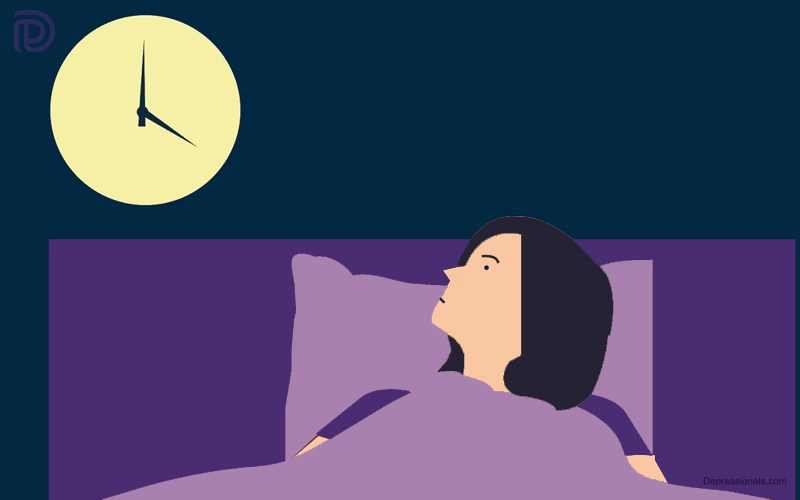
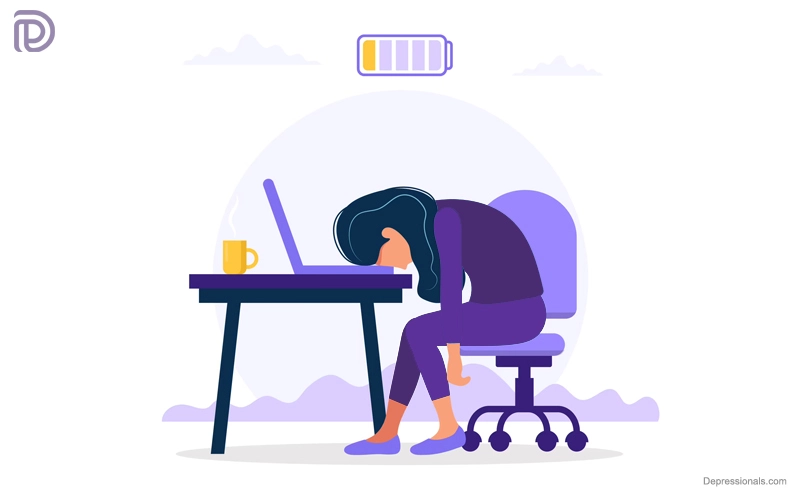
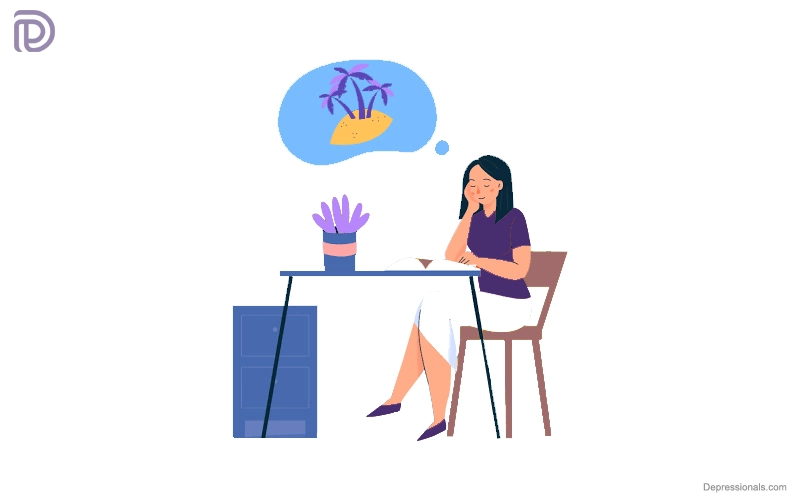
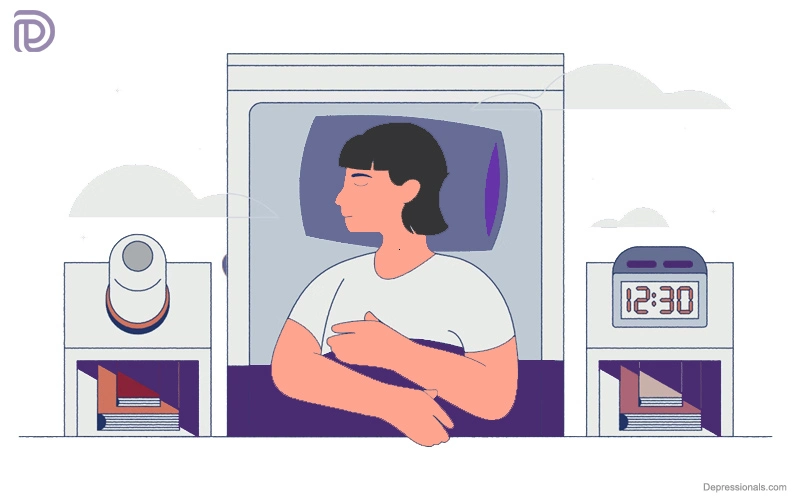
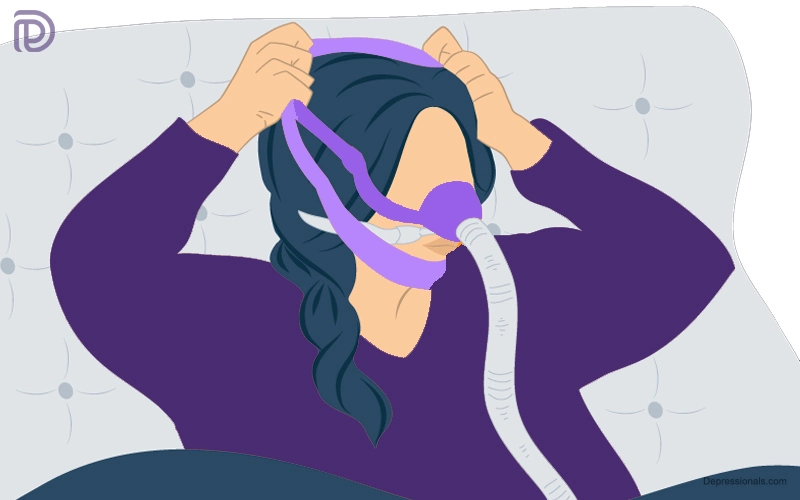

Well I sincerely liked studying it. This tip provided by you is very effective for good planning.
Thanks for sharing excellent informations. Your site is so cool. I am impressed by the details that you’ve on this site. It reveals how nicely you perceive this subject. Bookmarked this web page, will come back for extra articles. You, my friend, ROCK! I found simply the info I already searched everywhere and just couldn’t come across. What a perfect web-site.